Get data from newspapers without paying a dime in royalties
AI has been deeply penetrating major newsrooms around the world , even replacing the jobs of many "flesh and blood" journalists.
Over the past two decades, as tech companies like Apple, Amazon, Google, Meta and Microsoft have risen to become some of the most valuable companies in the world, at the same time, many news outlets have closed and many journalists have been laid off.
Typically, Bild – the best-selling tabloid in Europe, announced in July 2023 that it would lay off more than 100 employees and transfer their work to machines.
In the US, while some of the country's leading newspapers have seen a sharp increase in traffic over the past year thanks to the application of technology, the US newspaper industry has had to cut tens of thousands of jobs and an average of 2.5 newspapers have closed every week in 2023 alone.

Tech companies use AI to develop question-and-answer applications with users using data sources mainly from press agencies for which they do not pay a single penny in royalties.
Commenting on this situation, journalist Nguyen Duc Hien - Deputy Editor-in-Chief of Ho Chi Minh City Law Newspaper said that AI actually only reduces the number of jobs that require hiring people in press agencies, meaning that AI is a challenge for workers in the press industry, not a rival to press agencies.
"So who are the real competitors of the press agencies? It is the technology companies," said journalist Nguyen Duc Hien.
The Deputy Editor-in-Chief of the Ho Chi Minh City Law Newspaper cited, let's imagine: Press agencies spend money on human resources and technology to create attractive press products. Then, those products reach the audience mainly through Google, Facebook or other social networking platforms. That search mostly brings advertising revenue to technology companies and only leaves a small part for press agencies.
More worryingly, the advent of search technologies like Chat GPT, or similar AI-powered applications owned by technology companies, has also created a trend of zero-click searches - where information is displayed immediately without leading users to the actual news site. That means the article does not receive views even though the audience has experienced it.
This trend has been steadily increasing since 2019. A 2022 study found that half of Google's generative AI searches (i.e., data pulled from Google) are zero-click searches, and only a tiny fraction of Facebook users click on content in their newsfeeds.
"The worrying thing here is that technology companies use AI to develop Q&A applications with users using data sources mainly from press agencies for which they do not pay a single penny in royalties.
Even the content that has been regulated by press agencies for payment, only for those who pay to read-listen-watch, can appear in AI search applications created by some technology companies. In other words, if you go to the newspaper's website, you have to pay to view it, but if you use the AI-powered application of the technology company, it is... free" , Deputy Editor-in-Chief of Ho Chi Minh City Law Newspaper emphasized.
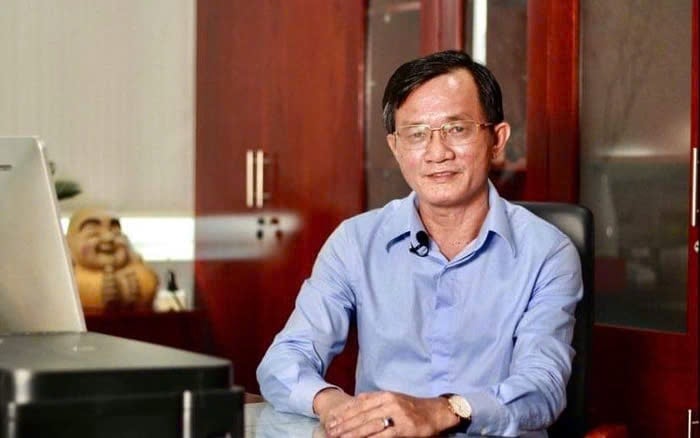
Journalist Nguyen Duc Hien - Deputy Editor-in-Chief of Ho Chi Minh City Law Newspaper.
A specific example, recently on June 27, the Center for Investigative Journalism (CIR) said it sued ChatGPT's maker, OpenAI, and Microsoft for illegally using their content on the artificial intelligence platform. The non-profit organization said OpenAI used its content without permission and without compensation, violating the organization's copyright for its journalistic activities.
The lawsuit, filed in New York federal court, describes OpenAI's business as "built on the exploitation of copyrighted works," threatening news publishers.
“That’s incredibly dangerous,” said CIR CEO Monika Bauerlein. “Our survival depends on users finding our work valuable and supporting it.”
Building press alliances to negotiate with tech companies
"Press agencies need to focus on developing specific press products, if exclusive, the better, and must find ways to protect the copyright of that information. Proposals to the government in building legal regulations to manage the behavior of technology companies regarding press copyright issues are very necessary," journalist Nguyen Duc Hien assessed.
According to Mr. Hien, the world is not short of vivid examples of this. In early 2021, Australia passed a new media law requiring technology platforms Facebook and Google to pay Australian press and media agencies for the right to link to and display their content on news pages or in search results.
Some tech companies have also begun signing deals to access media content. For example, OpenAI, which is majority owned by Microsoft, has signed licensing agreements with some of the world’s largest media outlets, including the Associated Press (AP), Axel Springer, Le Monde, and Spanish media group Prisa.

Press agencies need to join together and build press alliances to be able to negotiate with technology companies.
However, Mr. Hien said that small, specialized and local press agencies are still not strong enough to bargain with media companies. Some newspapers even have to invest resources in SEO to meet readers' search needs on search platforms like Google; or some press agencies have to accept free licenses for news aggregator sites to be able to get views and spread the press products that they have spent a lot of effort and resources to make. " This situation still appears in many countries, including Vietnam," Mr. Hien said.
Some media experts recommend that the press, especially local press agencies, need to join together and build press alliances to have enough strength to negotiate with technology companies.
If a local news outlet suddenly disappears from tech companies’ search results or news apps, it doesn’t mean much. But if all local newspapers simultaneously ask Google search, Chat GPT, and the like to stop scanning and crawling their news, it might mean something different.
The Deputy Editor-in-Chief of Ho Chi Minh City Law Newspaper commented: "The biggest question is: Do press agencies, especially local press, have enough awareness and understanding of how technology companies use AI to steal their copyrights; and do they have enough determination and close connection to be able to negotiate?"
To answer that question, according to journalist Nguyen Duc Hien, the role of the Government is extremely important in building training programs, raising awareness of press agencies about their value in the operating chain of AI-powered applications, affirming that the value of newspapers cannot be replaced by AI tools; at the same time, building a legal corridor related to press copyright in the context of technology companies using AI are developing strongly.
Hoa Giang
Source: https://www.congluan.vn/cac-cong-ty-ai-an-cap-noi-dung-bao-chi-se-lam-suy-yeu-nguon-luc-va-pha-hoai-cac-mo-hinh-kinh-doanh-cua-nganh-bao-chi-post310313.html






![[Photo] General Secretary To Lam and National Assembly Chairman Tran Thanh Man attend the 80th Anniversary of the Traditional Day of the Vietnamese Inspection Sector](https://vphoto.vietnam.vn/thumb/1200x675/vietnam/resource/IMAGE/2025/11/17/1763356362984_a2-bnd-7940-3561-jpg.webp)

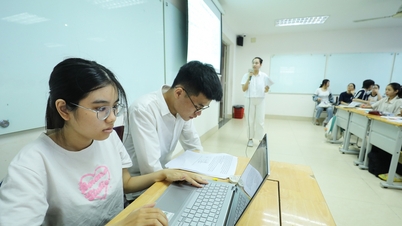







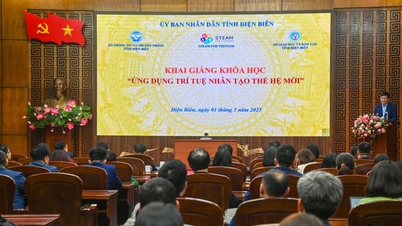



















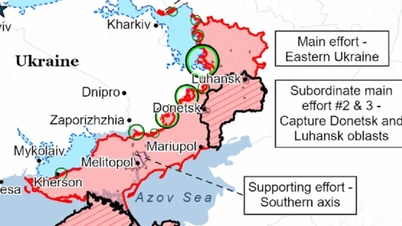

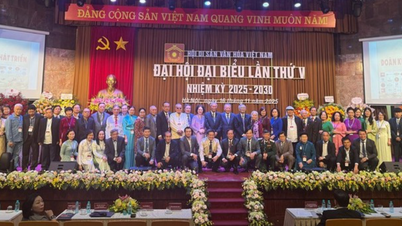



















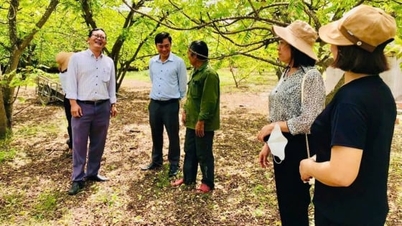







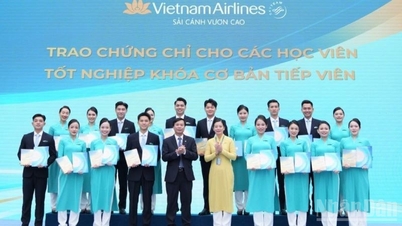
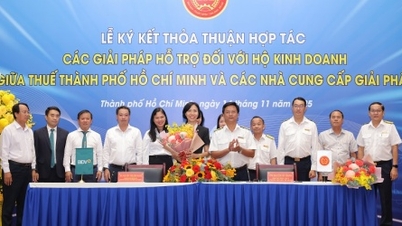








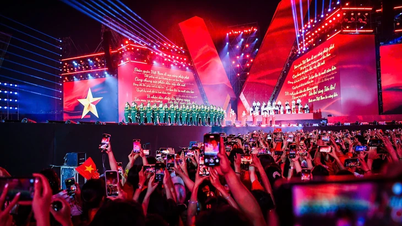

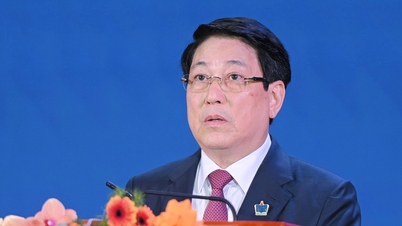
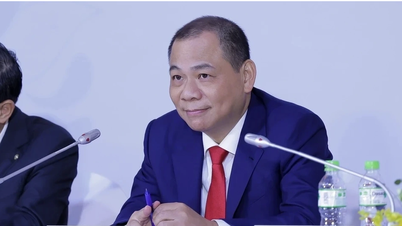

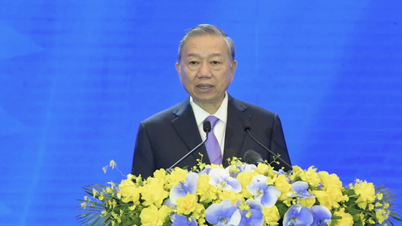
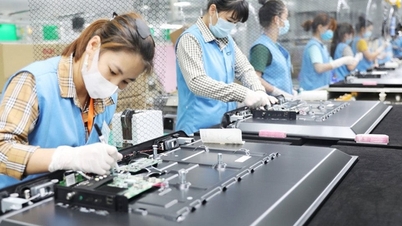


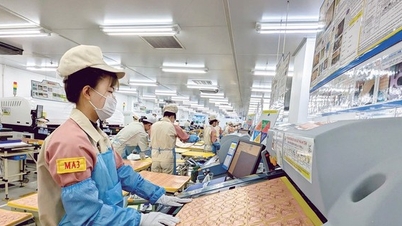
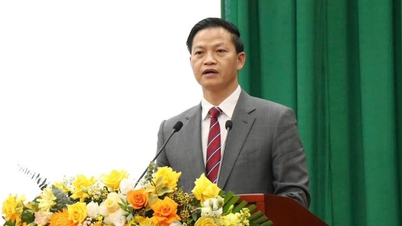

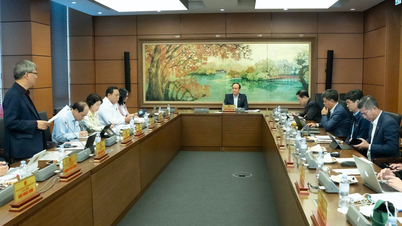

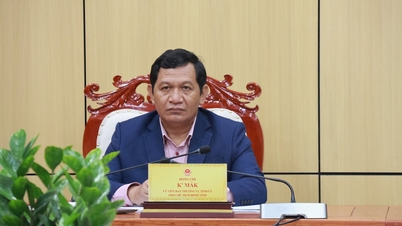



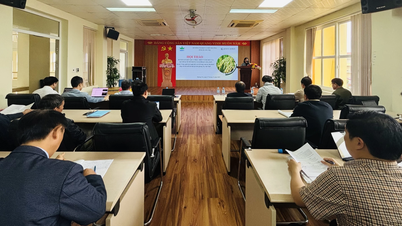



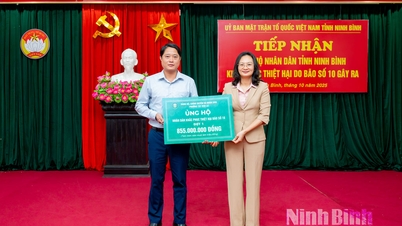












Comment (0)